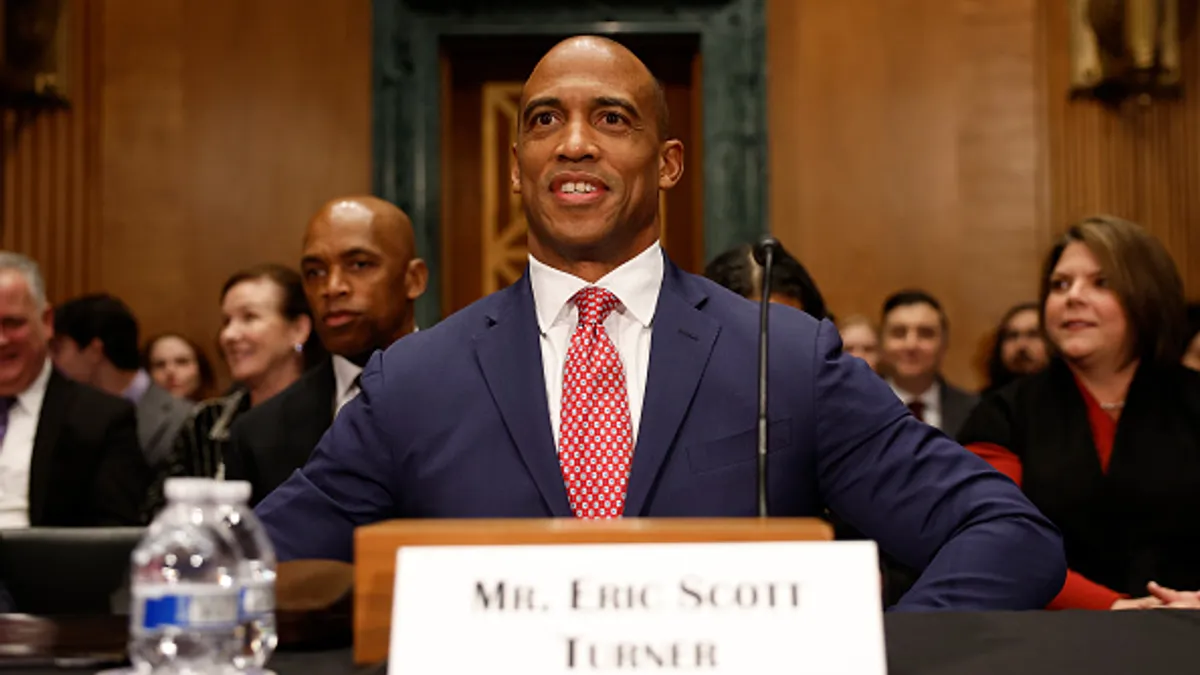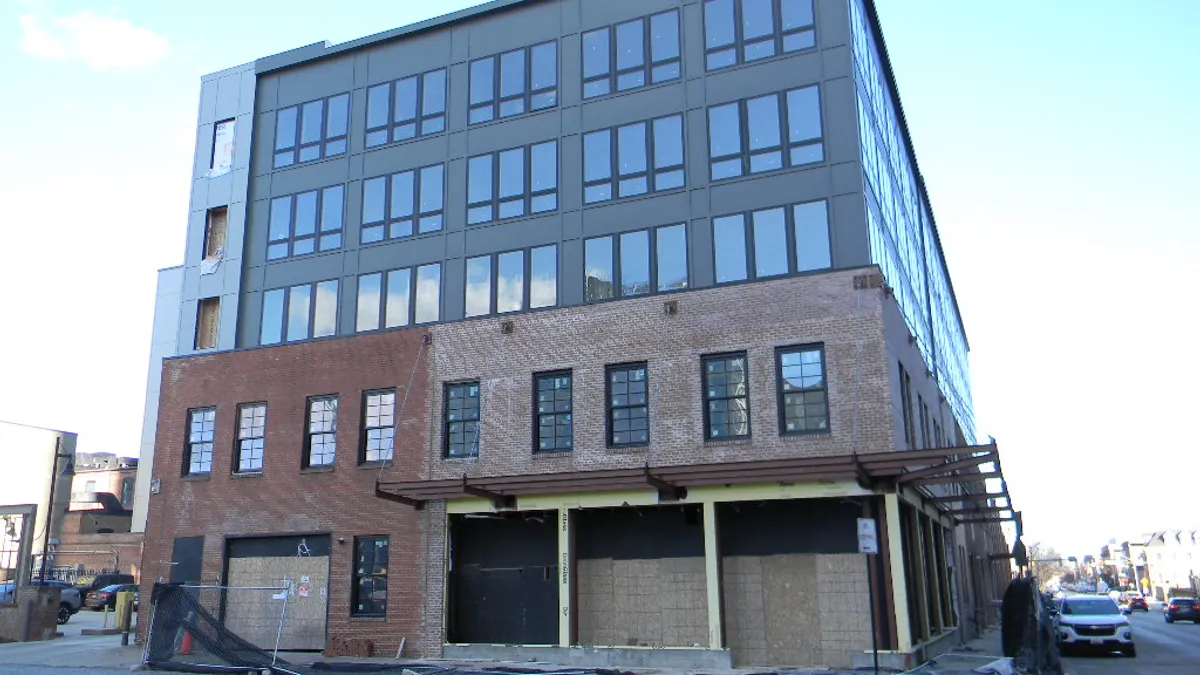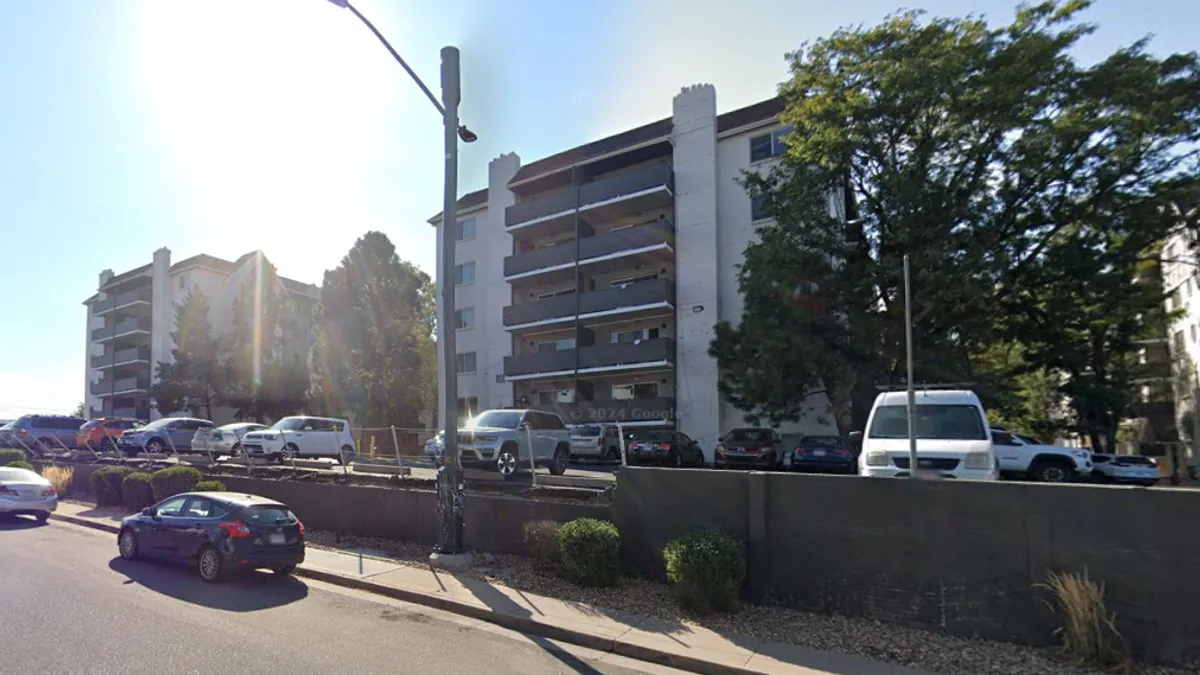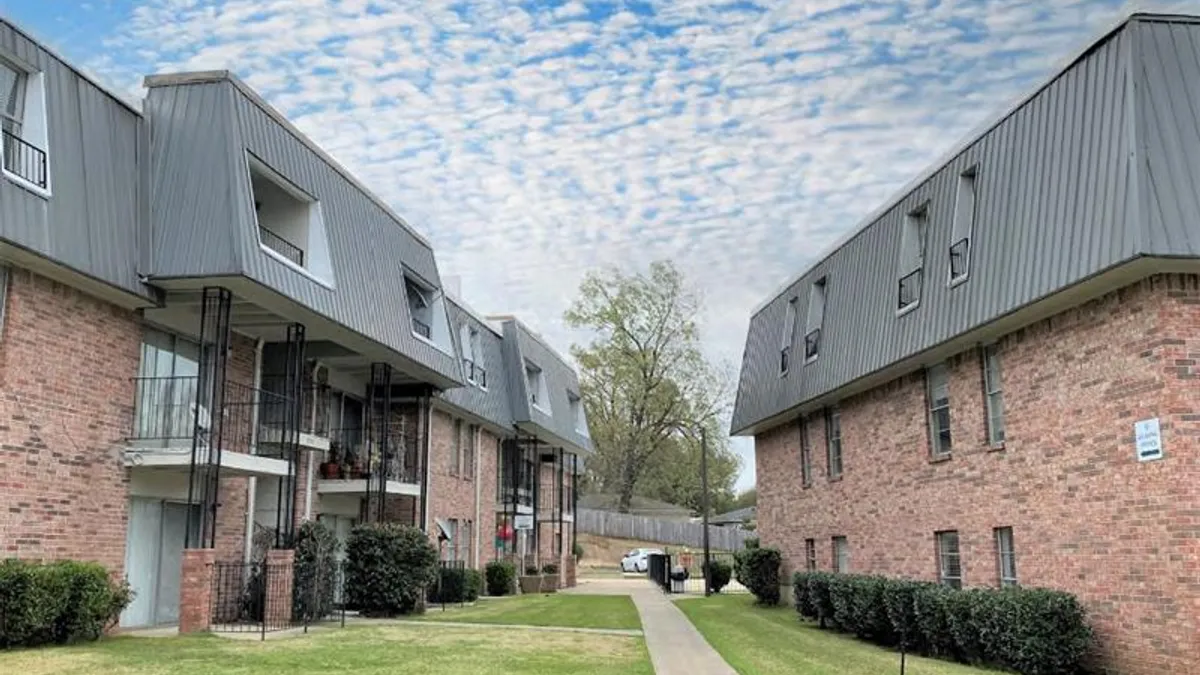The U.S. Senate voted 55-44 on Wednesday to confirm JPI executive Scott Turner as the secretary of Housing and Urban Development.
Turner, who has been Dallas-based developer JPI's chief visionary officer since June 2023, worked in the first Trump White House, where he helped establish Opportunity Zones, an economic development tool created under the Tax Cuts and Jobs Act of 2017 that allows people to invest in distressed areas in the U.S. The tax breaks under the program are set to expire in 2026, but could be extended by the new Trump administration.
The former NFL player, motivational speaker and Texas state representative from 2013 to 2017 is the first-ever HUD secretary with “actual experience producing housing supply in the private sector,” Jay Parsons, head of investment strategy at Lubbock, Texas-based owner and operator Madera Residential, wrote in a LinkedIn post.
Development experience
At last week's National Multifamily Housing Council Apartment Strategies Conference in Las Vegas, Adrienne Bain, managing director of capital markets at JPI, said the firm was “super excited” about Turner’s nomination because he is intimately familiar with the process of developing housing.
“Scott sat in meetings with local governments, with our developers,” Bain said. “He knows how hard it is to get housing out of the ground today, and he also is acutely aware of the housing shortage. So having him in that position, I think, would be beneficial.”
Parsons said Turner’s experience helping to create housing was “huge” as he stepped into his new role.
“With so much focus today on the need to build more housing of all types (a theme Scott emphasized repeatedly in his confirmation hearing), I'd imagine his real-world experience trying to get housing approved and built will give Scott a valuable and unique perspective that his predecessors lacked,” Parsons wrote.
For developers like Greg Bonifield, co-founder of Charleston, South Carolina-based apartment developer Woodfield Development, a potential expansion of the Opportunity Zone program is good news. His firm has completed three OZ projects and is interested in doing more.
“It has moved a lot of dollars into some lower-income areas, created a vast amount of jobs and built some beautiful real estate in areas that were not seeing much of anything new being developed,” Bonifield told Multifamily Dive when Turner was nominated. “I think it has got to go down as one of the best federal programs put in place for real estate, and I’m hoping that the new administration decides to extend those benefits so that it will continue for the next several years.”
Association reaction
National Apartment Association President and CEO Bob Pinnegar and National Multifamily Housing Council President Sharon Wilson Géno put out a joint statement congratulating Turner.
“During such a critical time for our nation — one that demands innovative and bipartisan action on housing policy — Secretary Turner’s expansive background in rental housing, community development and economic revitalization makes him the right leader at the right time,” the statement said.
However, Politico reported that Turner offered very few details about his plans for HUD during his confirmation hearings last month. He is expected to cut funding and overhaul programs related to housing vouchers and homelessness, according to Politico.
In a statement in reaction to Turner’s hearing last week, the National Low Income Housing Coalition said that Turner expressed support for what it called harmful policies that would increase housing instability and deepen racial inequity. In addition, the organization called Turner out for refusing to commit to funding for federal housing and homelessness programs and advocating for increasing the role of private equity in the rental market.
“The high cost of housing was a top election issue for voters in 2024, and voters have made clear that they want policymakers to advance real solutions,” said NLIHC Interim President and CEO Renee Willis in the statement. “NLIHC encourages Mr. Turner to lean on experts and best practices to solve America's housing crisis, not exacerbate it.”





















